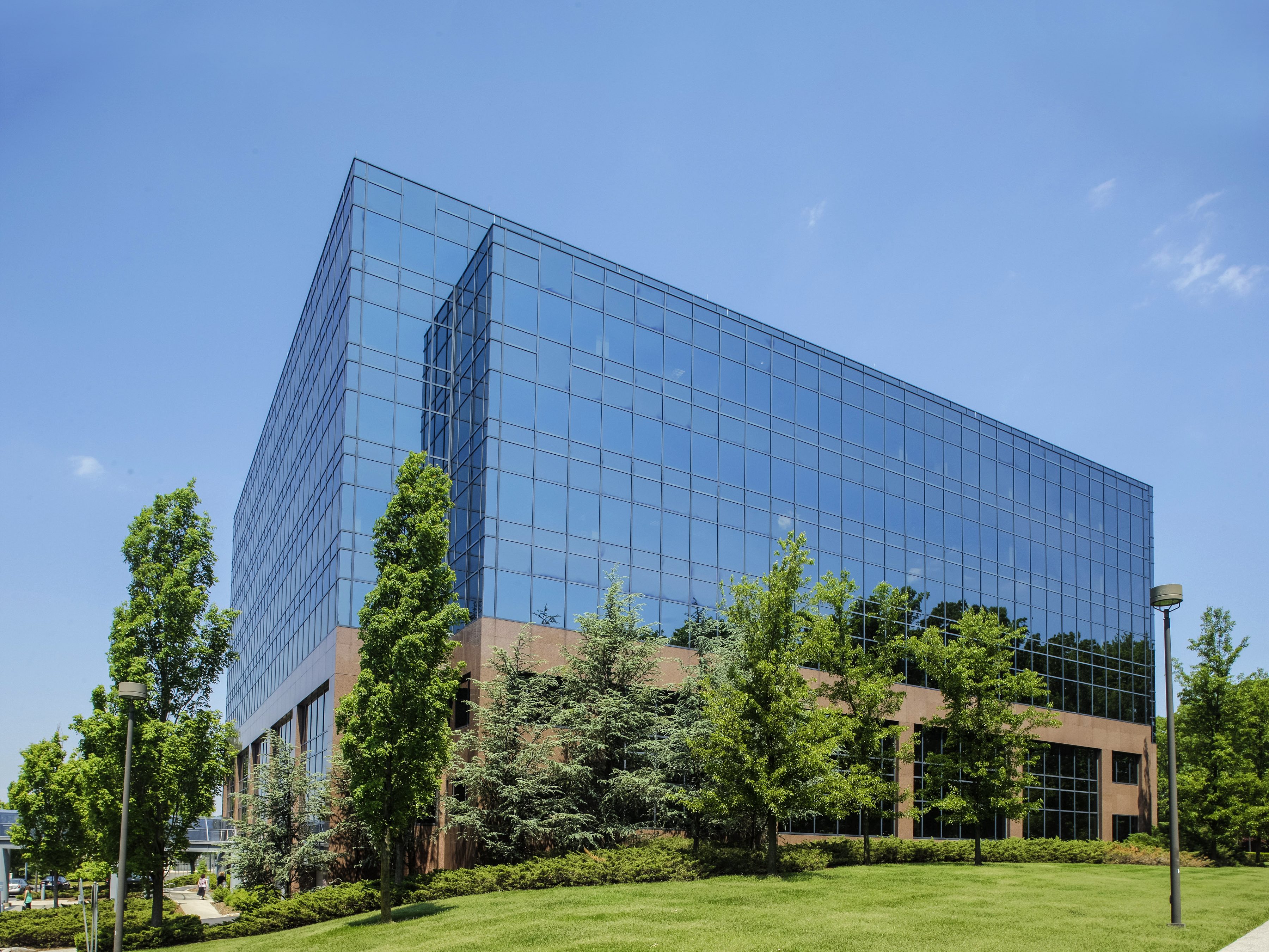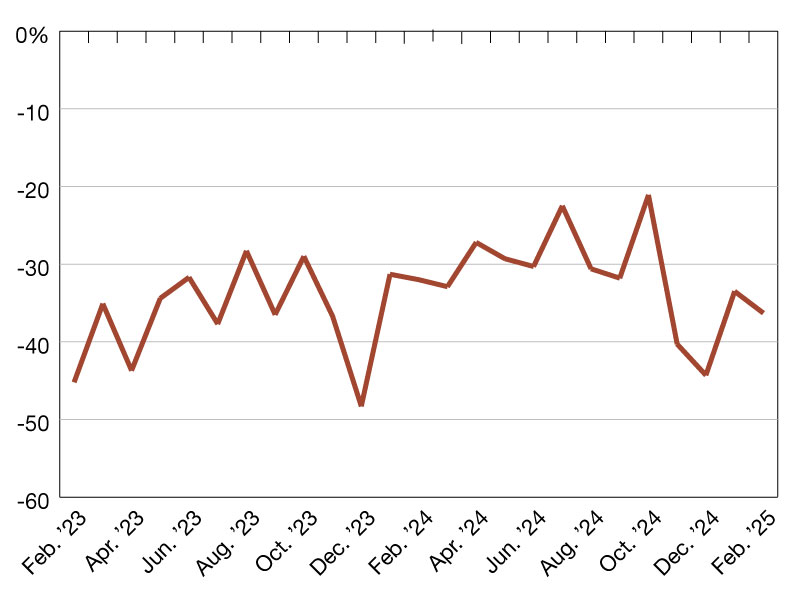The Importance of Tenant Communication Amid COVID-19
Here are some ideas to consider when creating an effective communication plan, according to Olive Hill Group's Joy DeBacker.
The property industry has been finding new ways to connect buildings and occupants for quite some time now. In normal times, the flow of information between building management and tenants was meant to make properties more livable and ultimately more cost effective. With the emergence of an unpredictable global crisis, what role do property managers, building operators and landlords play, as tenants look to us as sources of information and communication? How to do we make sure people stay informed? And how do we make sure that information is true? Here are some ideas to consider when creating an effective communication plan.
Get the Word Out With Tenant Experience Software
Implementing a tenant portal allows property managers to immediately send out alerts via multiple channels including email, text and push notifications.
It is vital to have multiple communication channels open with everyone during emergencies. When situations become high risk, you cannot rely solely on traditional emails or paper memos. You need to reach your tenants and stakeholders in real time, utilizing an omnichannel approach under the consideration that they may be working from home, are not traditionally desk-based or are in different geographical areas.
As part of your communication planning, note that it is a requirement to have traditional visible signage notifying the public that the building is under controlled access. It is typically helpful to have a brief explanation on the updated protocols listed near this signage or sent out via the channels listed above.
Before You Hit Send, Make Sure Your Information is Accurate
As buildings take on a larger role in keeping people informed during disasters, it puts management in the awkward position of deciding what is appropriate to share. In an age where Google is just a click away, it is very easy to spread misinformation and thus become part of the problem. There is a fine line between spreading useful information and contributing to the fears people already have.
The solution? Direct people to known, credible sources of information. In this case, the Centers for Disease Control and Prevention and The World Health Organization. Not only does this mitigate the risk for management but it genuinely provides people with factual safety protocols. From an operations standpoint, some landlords choose to consult a group of advisers, with the goal of agreeing on clear and factual information before passing it along to tenants. By having more than one set of eyes on an announcement before it is shared, there is a lower chance of misinforming the audience.
Earn the Trust of Your Tenants
If handled correctly, an emergency situation shouldn’t change the relationship between landlords and tenants. If anything, it should build more trust. Having the proper systems in place, setting responsible, well-advised protocols and putting tenants’ well-being at the forefront of planning will set you up for success at all times, not just in times of crisis.
While technology is facilitating change in the property industry, the biggest shift seems to be coming from building managers putting more energy into serving tenants’ needs, not just maintaining the building. A tenant-centric mindset requires effort and resources, but this focus pays dividends. Being able to communicate quickly and effectively with tenants helps bring down costs and service times. It fosters a connected relationship between building manager and occupant that is most noticeable when tenants are in need … and right now, people are in need. They need help and information. That is why we have dedicated time to creating a communication plan that will help us all weather this infectious storm.
Joy DeBacker is the managing director of asset management for the Olive Hill Group, a full-service commercial real estate investment firm that specializes in operating and repositioning creative office properties in Los Angeles.








You must be logged in to post a comment.